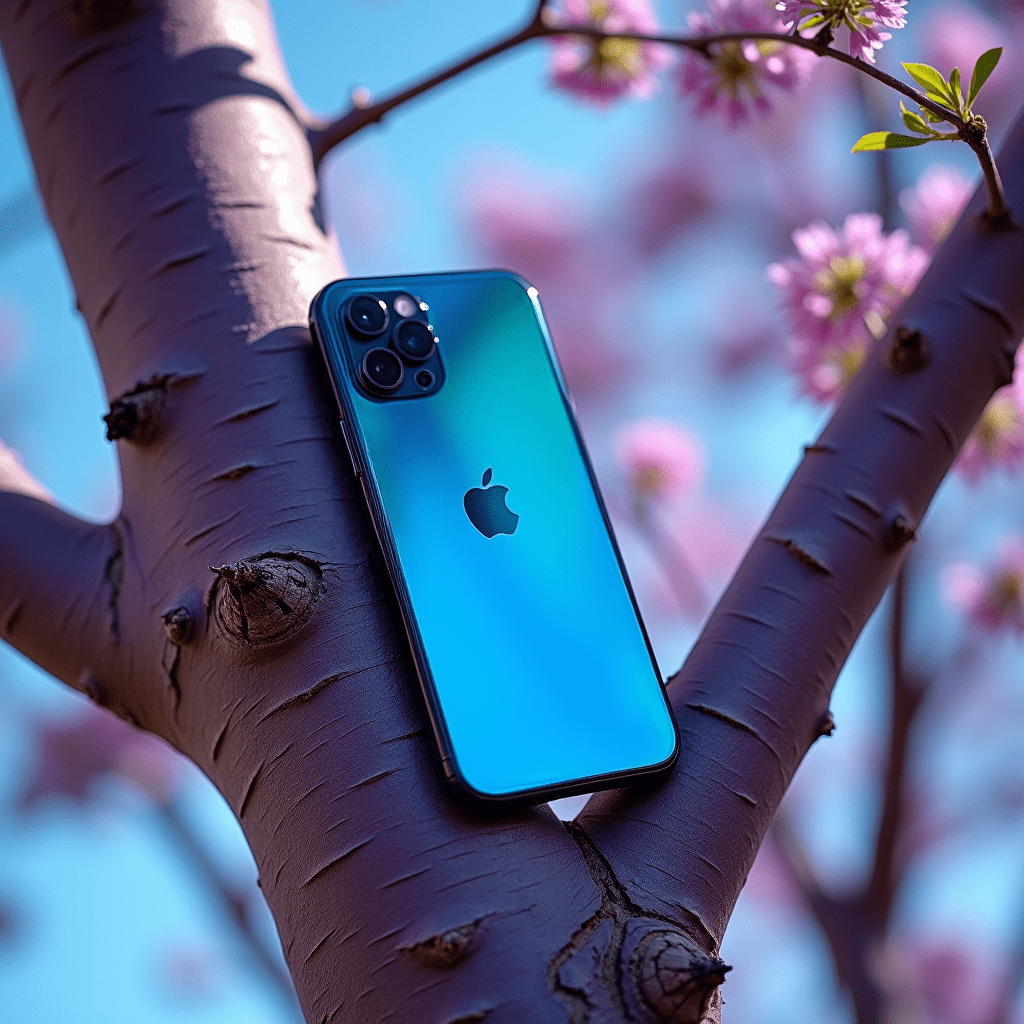A world dominated by big corporations and giant brands seems unshakeable, so what marketing in it, a great difficulty. Everywhere we look, we see ads well-known brands that impose their own standards and trends on us. But in the shadow of these giants, there are small, independent brands that go against the grain. These "rebels" challenge the mainstream by offering an alternative to mass consumption and traditional marketing moves. Why does this work? Let's get this straight!
Anti-conformism as the basis of philosophy
The key idea of underground brands is anti — conformism. They choose to be "different" and take pride in not conforming to conventional norms. This is expressed both in the product and in the ways it is promoted. Brands that follow this path see their mission as setting themselves up against the standards imposed by society. Instead of following the mainstream path of "everyone loves equally", they strive to create something unique for a select few.
How does resistance marketing work?
Marketing underground brands do not target mass audiences. Their goal is to find their own, "their own tribe". This strategy is known as niche area. Such companies choose a less aggressive and more sincere approach, focusing on the community and loyalty of their customers, rather than on maximizing profits.
Here are a few key features of resistance marketing::
Sincerity and honesty. Underground brands don't try to appeal to everyone. They are straightforward, and this attracts an audience that is tired of overly "coiffed" and glossy images of major brands.
Provocation and challenge. Open criticism of social norms or the industry in which they work becomes part of their marketing message.
Personality. Small brands aren't afraid to be weird or radical. Their products often have a unique character, which helps create a personal connection with the consumer.
Authenticity and local identity. Unlike big brands that try to be global, underground brands are often associated with local culture or history. They are proud of their roots and try to emphasize that each of their products is created manually or in limited quantities, which only increases its value for the buyer.

Success stories of underground brands
Underground brands often grow out of local initiatives to become international icons of independence. Let's take a look at a few examples.
Supreme - originally a small brand for skaters, it has grown into a cult symbol of rebellion. Supreme challenged traditional ideas about what a clothing brand should be. They created things for their own people, and this "unavailable" status made them extremely popular among young people. As a result, collaborations with giants like Louis Vuitton have only reinforced this image of uniqueness and independence.
Patagonia — one of the few brands in the industry that is not afraid to openly oppose large corporations and mass consumption. Patagonia emphasizes the importance of ecology and social responsibility, which sets them apart from many brands with a focus on profit at all costs.
Dr. Martens legendary shoes that have become a symbol of the counterculture actively promote their values of freedom of expression and independence. They never tried to "please" everyone, which eventually made them iconic in the world of fashion and music.

Confronting the Mainstream: Why does it work?
Why is the "go against the flow" tactic successful? This is largely due to people's desire to stand out and have something more than just a product. They want to be part of a movement, philosophy, or subculture.
Selfexpression. Customers want to feel that their choices reflect their personal beliefs.
Exclusivity. Limited editions or unique products create a sense of exclusivity and belonging.
Trust and authenticity. Consumers increasingly value transparency and authenticity.
Small ones brands with a rebellious spirit, they not only oppose the mainstream, but also actively form a new consumer culture based on values, self-expression and authenticity. They show that it is possible not only to exist in the shadow of giants, but also to develop successfully using the philosophy of anti-conformism and resistance marketing.
This approach is attracting more and more consumers who are looking for unique products and brands that can offer something more than just a product on the shelf. In a world where everyone is looking for their own path, underground brands are becoming a beacon for those who want to be different and go their own way.
So if you want to create your own brand, remember: you don't have to adapt to the mainstream. It is much more important to stay true to yourself and your values. And this is the best way to create a unique identity.








